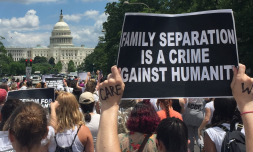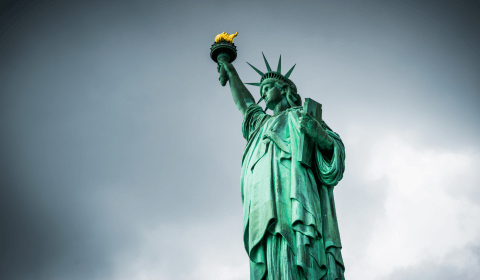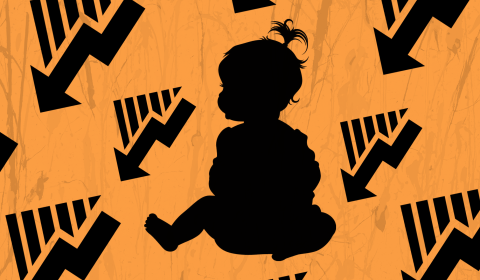In what’s being decried as yet another assault on Russian democracy, the state has ordered the liquidation of human rights group Memorial.
Civil society within Russia has had a complicated history to say the least, and many are worried the authoritarian regime of decades past is creeping back.
This week, Moscow city court ordered the dissolution of the nation’s most prominent human rights institution, Memorial International. Now officially deemed a ‘foreign agent’ the outfit will no longer be able to demonstrate legally or release commercial works, and all associated premises have been closed.
While the court cited the ‘justification of extremism and terrorism’ as the reasons behind the decision, campaigners argue the post-Soviet state is attempting to gloss over its troublesome history whilst revelling in its role in defeating the Nazi war machine.
Others suggest we’re seeing an insidious ploy to suppress civil rights and expand military influence beyond Russian borders. So, who’s closest to the truth?
We condemn today's decision to forcibly close International Memorial, one of Russia's most respected human rights organizations. Russian authorities should end their repression of human rights defenders and other independent voices.
— Secretary Antony Blinken (@SecBlinken) December 29, 2021
The origins of Memorial
Originally registered in 1990, Memorial was formed following the death of Andrei Shakarov – a revered physicist and human rights activist who won the Nobel Peace Prize in 1975.
Its original aim was historical: chiefly, to document incidents of political repression and atrocities carried out during the Stalinist era, as USSR war crimes faced no real repercussions akin to that of Nuremberg (the mass prosecution of Nazi figureheads).
Since the turn of the century, Memorial has continued to pay homage to victims whilst gradually becoming more engaged in educational and charitable events that promote democracy and mature civil society.
In that time, Memorial has received an assortment of awards for contributions to internally displaced people, research/literary works, and anti-authoritarianism projects. The latter two areas of expertise are ultimately where the group met its end.
All the while Memorial has existed, there has been constant pressure and friction from political figureheads. But, in the big old age of 2021, its Vladimeer Putin’s reign that has destroyed it.
Doesn’t quite sit right, does it? The story is far from over though.












 sees this harsh sentence as triggered by Mr Dmitriev’s human rights work and research on the history of political repression and as an unacceptable violation of
sees this harsh sentence as triggered by Mr Dmitriev’s human rights work and research on the history of political repression and as an unacceptable violation of  international commitments.
international commitments. 







